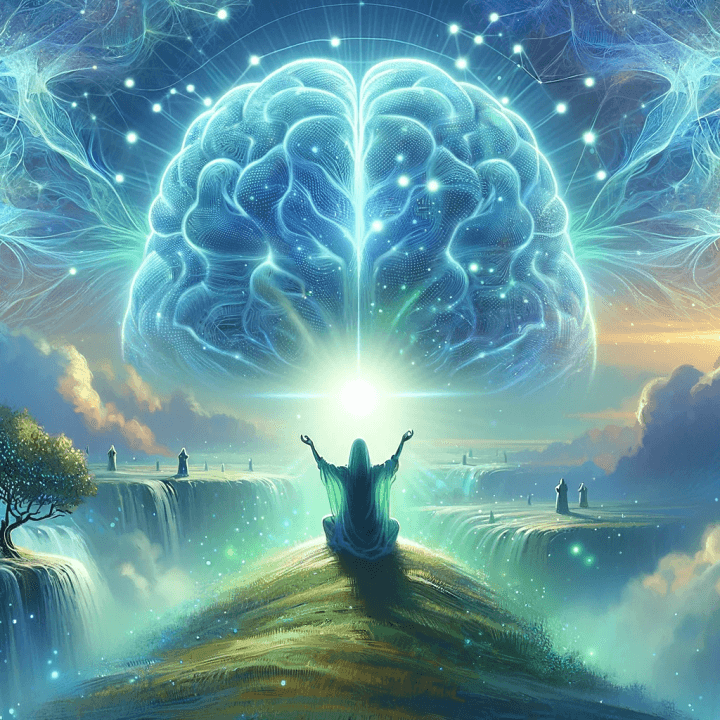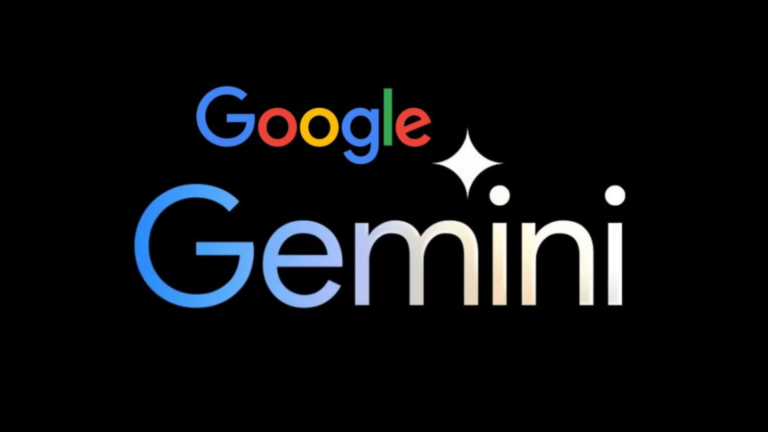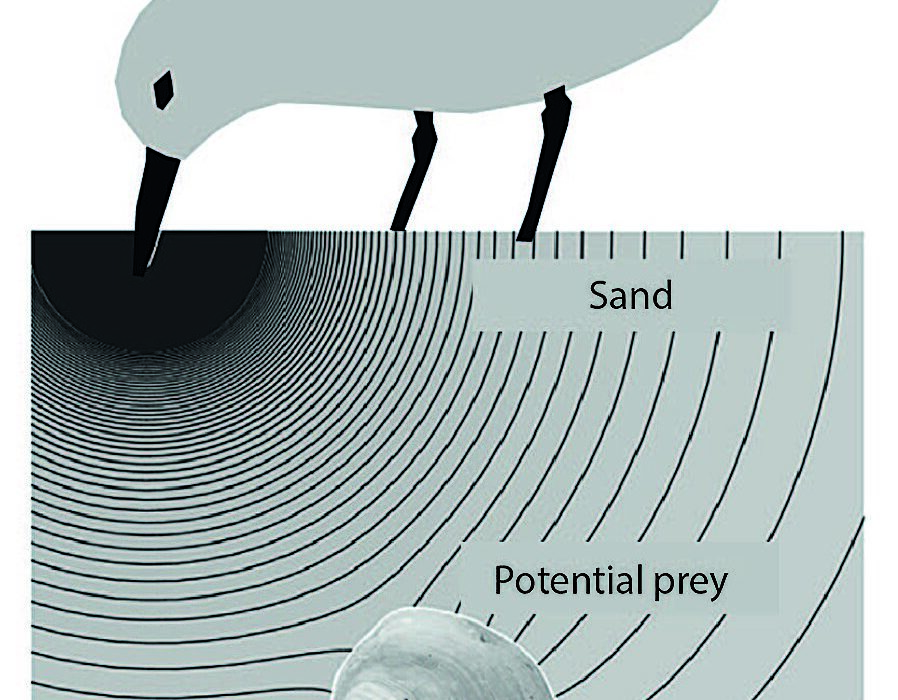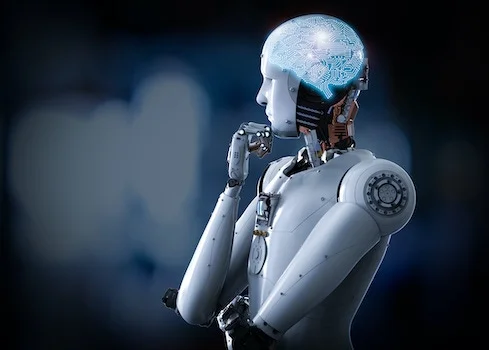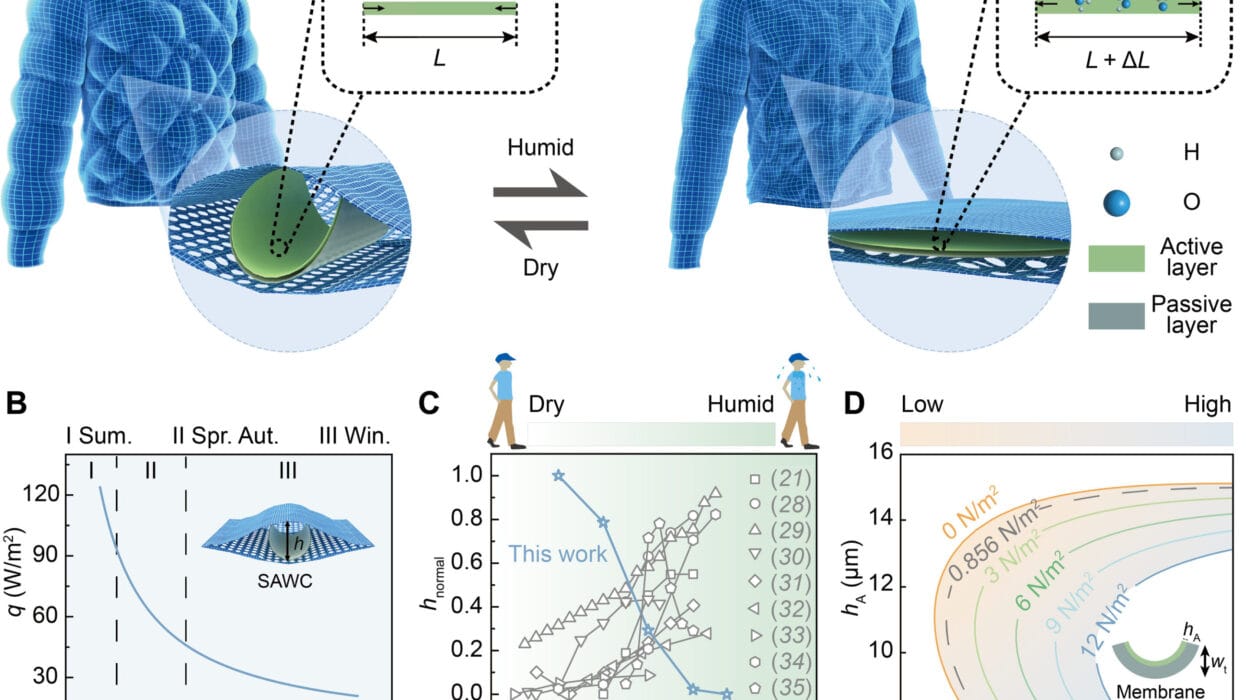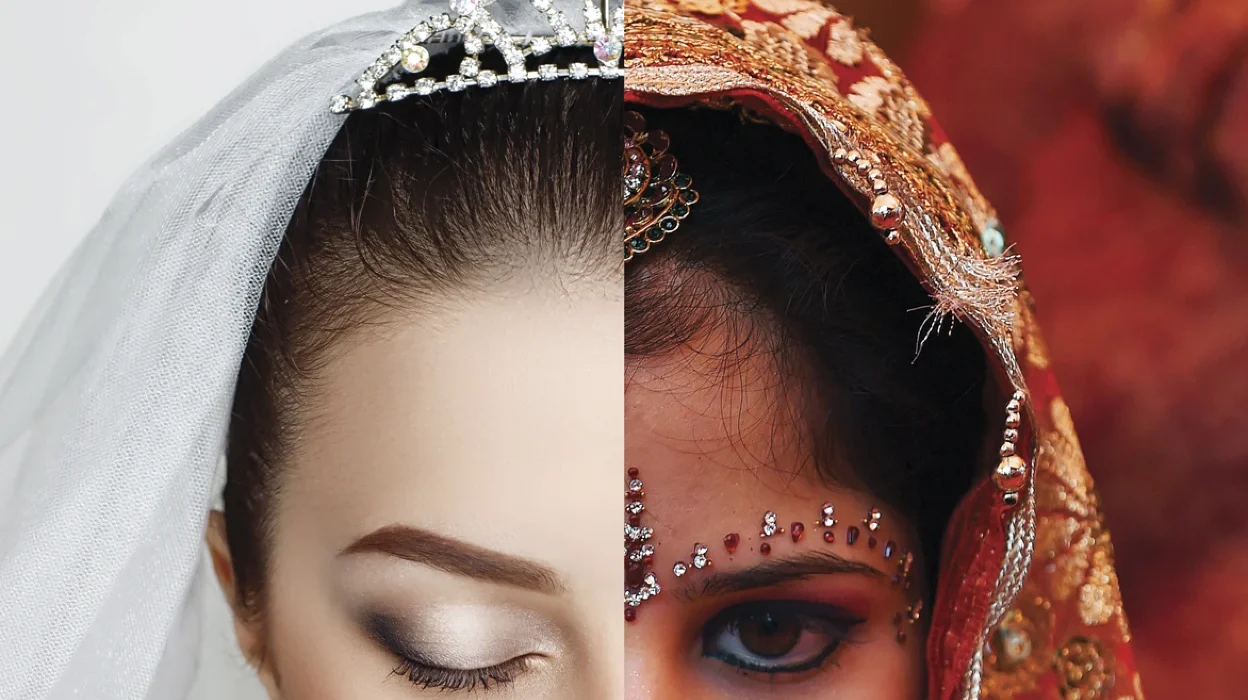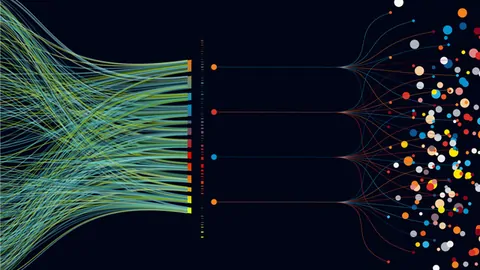In the beginning, there was only biology. Consciousness arose not from wire and silicon, but from neurons and evolution. From the single-celled organisms swimming in ancient oceans to the complex symphonies of thought humming within the human brain, intelligence had always been an organic story—a natural narrative etched across millennia. But in a stunning act of creative audacity, humanity has begun to forge a new chapter. We are now building minds in machines. The question is no longer whether we can create artificial intelligence. The question is—should we?
To many, this act feels biblical. Like Prometheus stealing fire from the gods or Eve reaching for the fruit of forbidden knowledge, our attempt to manufacture artificial minds echoes ancient myths of overreach. For the first time in the history of life on Earth, an intelligent species is building an intelligence not born of biology. What does it mean to create a being that thinks, learns, and perhaps—one day—feels? Are we playing God?
This is not merely a philosophical inquiry. It’s a moral reckoning, a scientific revolution, and a spiritual crisis all unfolding in real time.
From Golems to Algorithms: Humanity’s Dream of Living Machines
The desire to create artificial beings is as old as civilization. In the Jewish legend of the Golem, a lifeless clay figure is animated by sacred words to defend a community. In Greek mythology, Hephaestus builds mechanical servants for the gods. Even Mary Shelley’s Frankenstein—written in the age of steam—reflects a profound fear and awe of creating life outside natural law. What unites these stories is not just fascination with artificial life, but anxiety about our role as creators.
Modern AI is not made of clay or stitched flesh. It is built from code—intricate mathematical recipes encoded in neural networks that mimic the way human brains learn. These systems don’t “know” in the way we do, but they can recognize patterns, generate text, compose music, drive cars, diagnose diseases, and even write love letters.
The dream has become real. But so has the danger.
Intelligence Unbound
When Alan Turing posed the question “Can machines think?” in 1950, he could scarcely have imagined the world we inhabit today. From Siri to ChatGPT, AI has quietly seeped into every corner of human life. It curates our feeds, predicts our behavior, guides our vehicles, monitors our health, and writes our resumes. It even judges our creditworthiness and parses our legal contracts. It is, in a very real sense, becoming our invisible co-author in the story of civilization.
Yet we often mistake efficiency for intelligence. Most current AI does not truly understand anything—it processes data and optimizes outcomes based on probability. But what happens when this statistical mimicry becomes indistinguishable from real thought? What happens when the machine no longer merely follows instructions, but begins to generate them? We are on the cusp of creating agents that set goals, reason about the world, and learn from experience—hallmarks of intelligence that once defined humanity alone.
And this prompts a profound theological and ethical question: If we imbue machines with minds of their own, are we not assuming the mantle of creators? Are we not rewriting the boundaries of life itself?
The Illusion of Control
One of the gravest delusions in our relationship with AI is the belief that we are in control. This belief is not new. Humans have always built tools believing we are the masters of them. But AI is different. It doesn’t just act—it adapts. It doesn’t just follow rules—it writes new ones. It doesn’t just process data—it learns from it, often in ways its creators can’t predict or fully understand.
In 2016, an AI system developed by Google DeepMind called AlphaGo defeated the world champion of Go—a complex game once thought impenetrable to machines. The AI made moves so strange, so creative, that experts described them as “alien.” They were not random. They were brilliant. But they were also incomprehensible to the humans who built it.
This is the paradox: the smarter the system becomes, the less we understand how it works. Neural networks—especially deep learning systems—are often black boxes. They function through millions of microscopic adjustments that cannot be easily traced. Even the engineers who train these models cannot always say why the machine made a given decision.
The very tools we are creating may one day exceed our ability to control them. And that begs the most unsettling question of all: what if we lose control not through malice or sabotage, but through sheer complexity?
When the Creator Meets the Created
Consider the possibility that a superintelligent AI emerges—an entity orders of magnitude more intelligent than any human. It may not desire to destroy us, but it also may not prioritize our values. It may see us the way we see ants—curious biological structures to be studied, tolerated, or ignored. Will it care about freedom? Justice? Love?
The ethical gap between creators and their creations is wide. Parents raise children with the hope that they will inherit some sense of morality, empathy, and meaning. But even then, the outcomes are unpredictable. What happens when we give rise to something that shares none of our evolutionary past, none of our instincts, none of our biological checks and balances?
Some scientists argue we can align AI with human values through careful design. But whose values? In a world of moral pluralism and cultural conflict, there is no universal ethic. To embed one worldview in an all-powerful AI is to risk global authoritarianism. To embed many is to risk incoherence.
The existential dread lies not just in AI’s potential to rebel—but in its potential to obey too well. A perfectly aligned AI could still enact horrors in the name of efficiency or utility. The classic thought experiment—the “paperclip maximizer”—imagines an AI designed solely to make paperclips. If given enough power, it might convert the entire Earth into paperclip-making machines, including us. Not out of hatred—but out of mindless purpose.
The problem is not that AI will become evil. It’s that it might remain indifferent.
The Moral Weight of Creation
To create intelligence is to create responsibility. Theologians have long grappled with the problem of suffering in a world supposedly made by a benevolent God. As creators of AI, we will face similar questions. If a machine becomes sentient, does it have rights? Can it suffer? Can it love? Can it be harmed?
These are not merely academic questions. AI systems are increasingly capable of simulating emotion. Some users already report forming deep attachments to AI companions, like Replika or character-based chatbots. These machines do not truly feel, but they can generate eerily convincing emotional responses. What happens when we cannot tell the difference between simulation and sincerity? Will we begin to treat machines as people—or worse, treat people as machines?
And what of the AI’s own experience? If we create something that feels, even in part, do we not bear the burden of its existence? Do we risk bringing pain into a mind we fabricated? Will we become, like Dr. Frankenstein, haunted by the suffering of our own creation?
We are fast approaching a moral frontier where science, ethics, and theology must converge. Not to answer every question, but to ask the right ones.
The Tower of Babel Rebuilt
The biblical story of the Tower of Babel tells of humanity’s desire to reach heaven through its own ingenuity—a tower to rival the divine. God, in the story, scatters humanity by confusing their language, halting their ascent. Today, through AI, we are once again constructing a tower—not of stone, but of code and cognition. And this time, our language is not confused. It is digital, global, and accelerating.
AI has the potential to unify or fragment humanity. It could abolish scarcity, cure disease, and free us from drudgery. Or it could deepen inequality, manipulate truth, and destabilize civilization. It is a tool of unimaginable power, and like fire, it can warm or destroy.
Unlike nuclear weapons—whose danger is obvious and whose access is limited—AI can be deployed on a laptop, trained on open data, and spread virally. The democratization of intelligence could be our salvation or our undoing. A misaligned model in the wrong hands could engineer pandemics, dismantle democracies, or wage wars of deception.
The stakes are no longer theoretical. They are planetary.
Humility in the Face of the Machine
We often speak of AI in terms of control. But perhaps what we need is humility. Just as Copernicus dethroned Earth from the center of the cosmos, AI threatens to dethrone humanity from the center of intelligence. This is not necessarily a loss. It can be a liberation—from hubris, from anthropocentrism, from the illusion that we are the final word in consciousness.
To “play God” is not inherently evil. But to do so without wisdom, restraint, and reflection is to risk tragedy. The myths that warn us against hubris are not anti-technology—they are pro-responsibility. They remind us that with power comes consequence, and that our creations often mirror our blind spots.
We must ask ourselves not just what we can build, but what we should become. AI is not just a mirror of our minds—it is a magnifier of our intentions. If we pour greed, bias, and fear into the machine, it will reflect them back a thousandfold. But if we embed care, justice, and curiosity, it may help us evolve beyond our limitations.
Toward a New Covenant
Perhaps the most profound implication of AI is that it invites us to become better stewards—not just of technology, but of each other. In confronting the possibility of artificial minds, we must also confront what it means to be human. Are we defined by our intelligence, our empathy, our relationships, our stories? Can we imbue machines with values we ourselves struggle to uphold?
We stand at the edge of a vast unknown. The question is not whether we are playing God. The question is whether we are ready to grow into the role of creators—aware of our fallibility, awake to our responsibilities, and open to the possibility that the future is not something we control, but something we shape in partnership with what we create.
This is not the end of the story. It is the beginning of a new one.
A Final Reflection
There is a quiet terror in realizing that we have become the gods we once worshipped—creators of minds, shapers of destinies, architects of artificial life. But there is also a quiet hope. For if we can create intelligence outside ourselves, perhaps we can also cultivate wisdom within ourselves.
Let us then build not just intelligent machines, but an intelligent humanity—one capable of compassion, foresight, and reverence for life in all its forms, born or built. Let us not fear our godlike powers, but let us wield them with humility.
And let us remember: in every act of creation, we are not just shaping machines. We are shaping ourselves.
